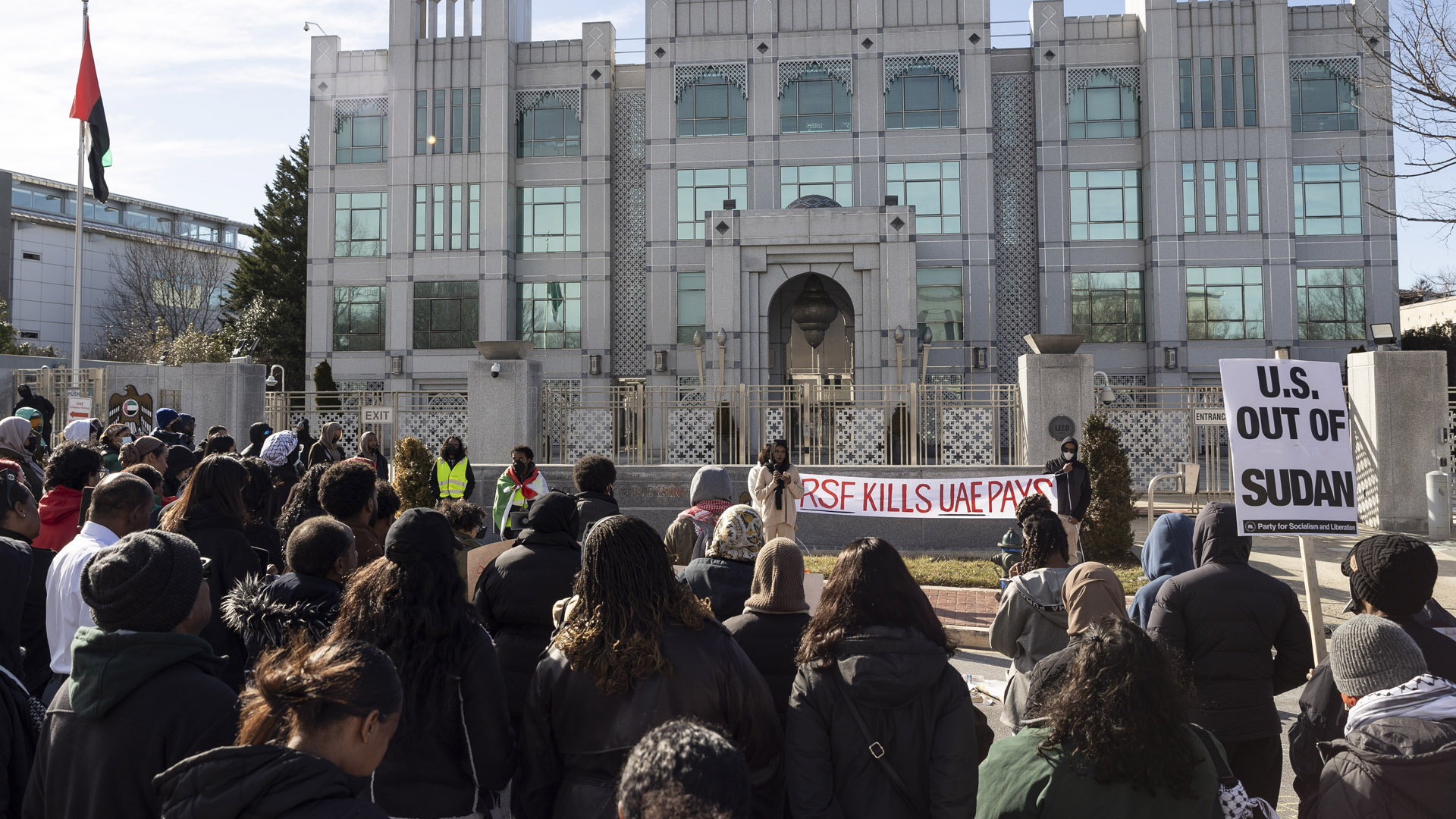
Nadine Osman
The International Court of Justice (ICJ) dismissed Sudan’s case accusing the UAE on May 5 of aiding genocide in Darfur, ruling that it lacked jurisdiction to adjudicate the matter.
Sudan had urged the UNs’ top court last month to impose emergency measures against the UAE, accusing it of violating the 1948 Genocide Convention by arming the Rapid Support Forces (RSF), a powerful paramilitary group allegedly responsible for atrocities against the Masalit ethnic group in West Darfur. The UAE rejected the accusations and requested the case be thrown out.
In its decision, the ICJ stated that it could not proceed with the case, rejected Sudan’s request for emergency measures, and ordered the case be removed from its docket.
The court noted that without jurisdiction, it is “precluded by its statute from taking any position on the merits of the claims made by Sudan.”
Despite the setback, Sudan vowed on to continue pursuing legal action. “The ruling on jurisdiction does not absolve the UAE of the genocide allegations. Sudan will continue to explore all legal avenues to protect its people and sovereignty,” Sudan’s Foreign Ministry said in a statement.
The UAE welcomed the court’s decision, describing it as a complete vindication. “This decision is a clear and decisive affirmation that the case was utterly baseless,” said Reem Ketait, Deputy Assistant Minister for Political Affairs at the UAE Ministry of Foreign Affairs.
“The court’s finding that it lacks jurisdiction confirms that this case should never have been brought. The facts speak for themselves: the UAE bears no responsibility for the conflict in Sudan.”
The ICJ’s ruling followed a 14-to-two vote rejecting Sudan’s plea for provisional measures intended to prevent further genocidal acts against the Masalit community. Sudan’s case had centred on allegations that the UAE was supplying arms to the RSF and allied Arab militias, who have been accused of ethnically targeted violence in Darfur during the country’s ongoing civil war.
While the UAE has consistently denied the allegations, some UN experts and US lawmakers have deemed the claims credible, pointing to evidence compiled by human rights organisations.
However, the most recent report by a UN panel of experts released in April did not mention the UAE’s involvement in arms transfers, referring only to its participation in Sudanese peace talks.
The ICJ, based in The Hague, adjudicates legal disputes between states and interprets international treaties. Both Sudan and the UAE are parties to the 1948 Genocide Convention.
Photo: Protesters rally against “UAE interference in Sudan’s internal affairs” outside the United Arab Emirates Embassy in Washington, DC, on February 18, 2024. (Credit: Mostafa Bassim/AA)